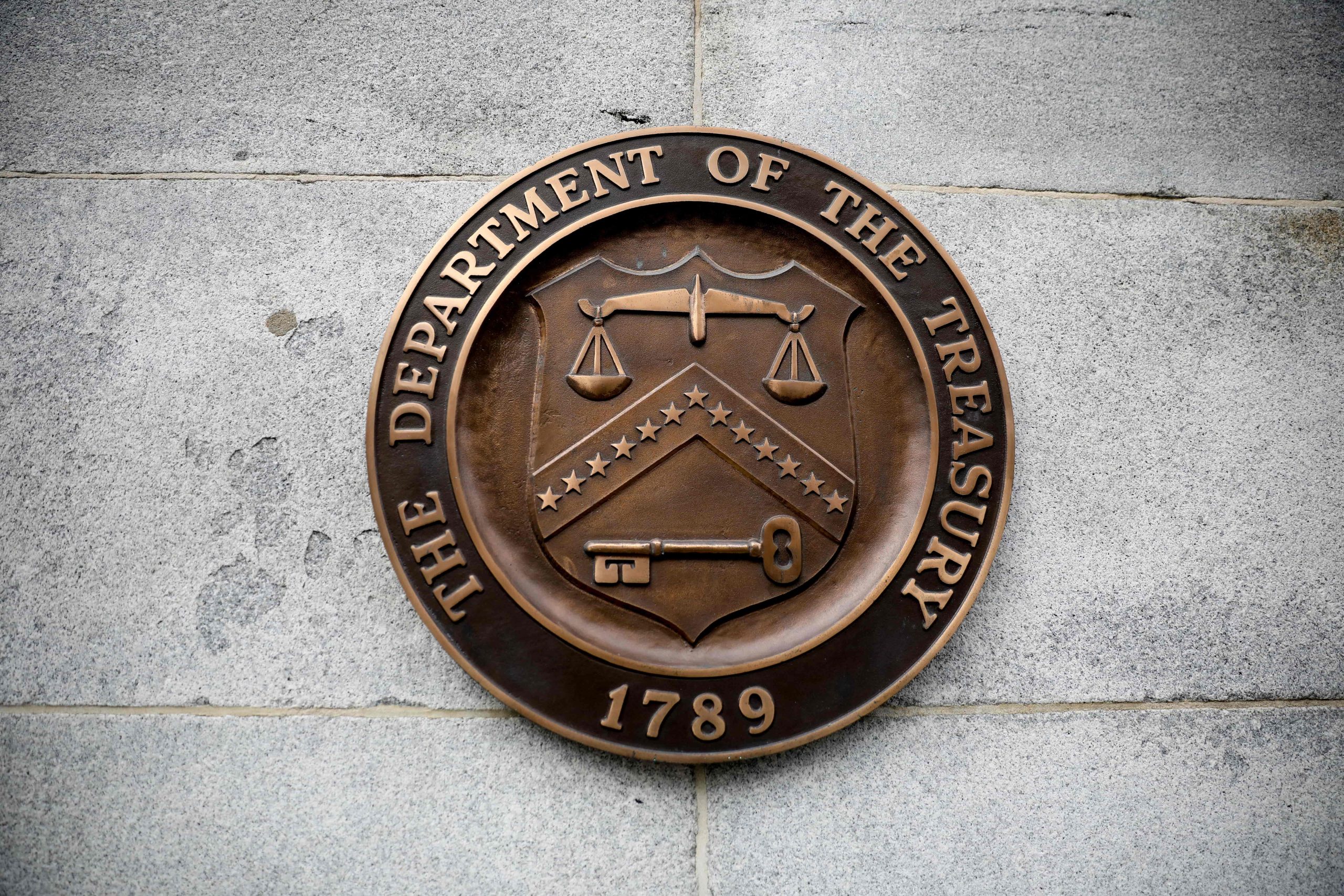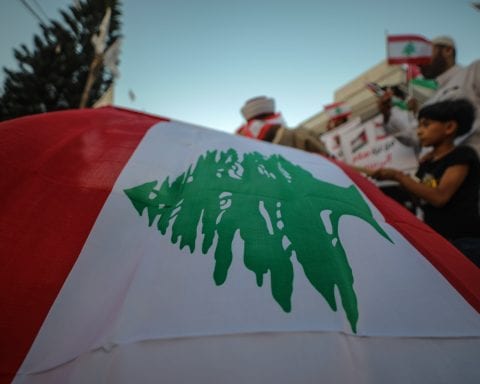A group from the US Treasury Department held talks in Beirut with Lebanon’s government officials on Tuesday about their cooperation in combating money laundering and corruption, as well as the banking sector crisis in Lebanon.
A group of financial crime experts, joined by representatives from the US Treasury Department led by Paul Ahern and his deputy Eric Meyer, discussed ways to combat financing as well as illegal drug smuggling. Lebanese President Michel Aoun told US officials that Lebanon’s laws “are applied firmly and accurately in this field, and international financial institutions testify to that.”
Aoun added that, “Lebanon actively participates in international efforts to combat money laundering and plays its role in the Financial Action Group for this purpose in the Middle East region.”
He also said that the National Coordination Committee for Combating Terrorist Financing and the National Anti-Corruption Commission was established.
The Lebanese parliament is expected to approve the capital control bill, according to Aoun, which aims to limit foreign transfers and cash withdrawals from Lebanese banks, before its current mandate expires in May.
He also expressed his gratitude to the United States for its assistance to the Lebanese armed forces, as well as humanitarian, development, health, and educational aid.
On Monday, Nabih Berri, Najib Mikati and Bassam Mawlawi of the Interior Ministry met with the US delegation to discuss anti-terror financing and drug smuggling as well as the preparations of Lebanon for parliamentary elections in May.
Strict sanctions against Hezbollah and its allies over illegal financing operations were the subject of discussion. The meeting discussed the ongoing investigation into central bank governor Riad Salameh and its possible impact on Lebanon’s monetary and financial stability among other things, according to Lebanon’s news agency.














